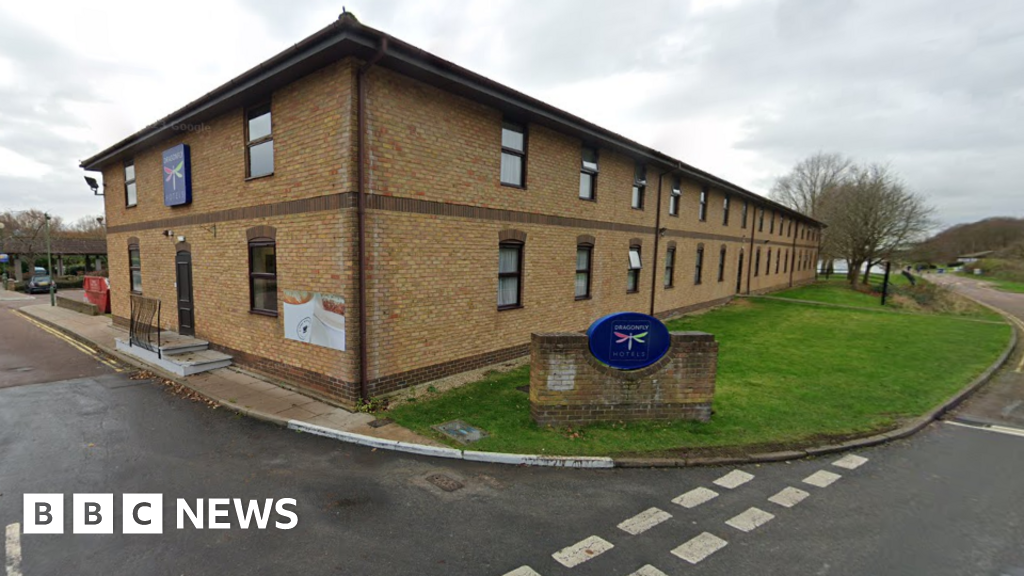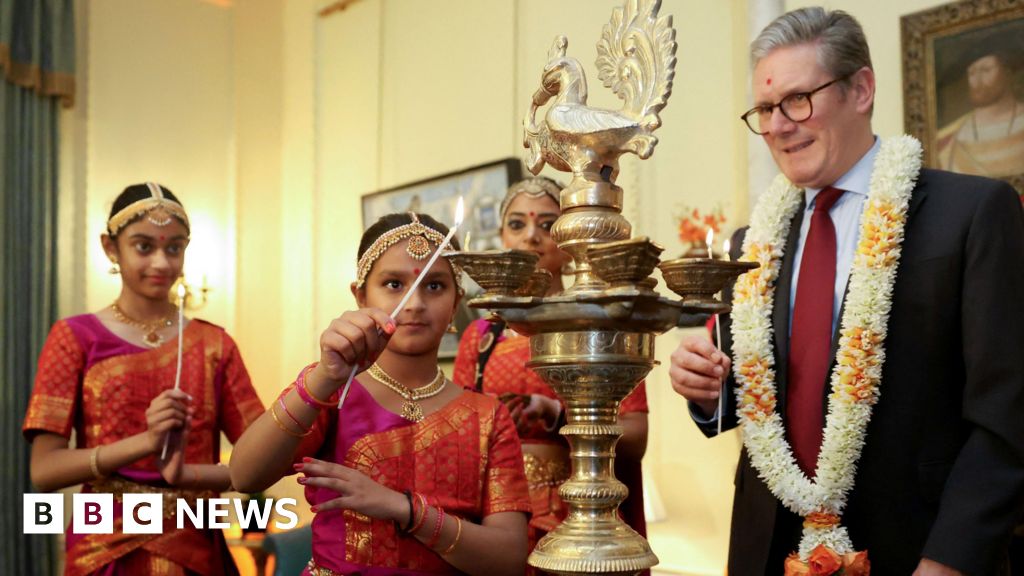ARTICLE AD BOX
Liz Truss is in Australia with Defence Secretary Ben Wallace to boost ties with Australia
Foreign Secretary Liz Truss has warned Russia that invading Ukraine would lead to a terrible loss of life like the Soviet takeover of Afghanistan.
In a speech in Sydney, Ms Truss accused Russia of wanting to recreate the Soviet Union - and urged President Vladimir Putin to step back.
Her warning comes ahead of talks between the US and Russia later.
Russia denies it is planning an invasion but has moved 100,000 troops near to its border with Ukraine.
It has seized Ukrainian territory before - Crimea, in 2014 - and the head of Nato has warned there is a real risk of a fresh conflict in Europe.
President Vladimir Putin has made a series of demands to the West, insisting Ukraine should never be allowed to join Nato and that Nato abandons military activity in eastern Europe.
Tensions over Ukraine
Speaking on Friday, Ms Truss said: "We are very clear, together with our allies in the G7, with our allies in Nato that if there is an incursion by Russia into Ukraine, it would come at a massive cost.
"We are prepared to put very severe sanctions in place," she said, and added that the UK was already supporting Ukraine with defence.
Earlier this week, Britain announced it was supplying Ukraine with extra troops for training and defensive weapons.
Dozens of British troops have been in Ukraine since 2015 to help train its armed forces, and the UK also promised to help rebuild Ukraine's navy following Russia's invasion of Crimea.
In her speech, Ms Truss said President Putin must "desist and step back from Ukraine before he makes a massive strategic mistake".
"The Kremlin haven't learnt the lessons of history," she said. "They dream of recreating the Soviet Union, or a kind of greater Russia, carving up territory based on ethnicity and language. They claim they want stability while they work to threaten and destabilise others."
Russian troop build-up: View from Ukraine front line
And she warned that an invasion would "only lead to a terrible quagmire and loss of life, as we know from the Soviet-Afghan war and conflict in Chechnya".
The Soviet war in Afghanistan stretched throughout the 1980s. Some 15,000 Red Army soldiers and more than a million Afghans were killed and the country was left in ruins.
Ms Truss - who is in Australia with Defence Secretary Ben Wallace to boost ties with Australia - added: "We need everyone to step up. Together with our allies, we will continue to stand with Ukraine and urge Russia to de-escalate. What happens in Eastern Europe matters for the world."
Ministers from key European countries have also been holding talks this week aimed at co-ordinating a Western strategy over the issue.
And US Secretary of State Antony Blinken will meet his Russian counterpart Sergei Lavrov in Geneva on Friday.
In her speech Ms Truss also called for the UK to work with countries like Australia, Israel, India, Japan and Indonesia to counter the challenge posed by Russia and China.
And she repeated her support for Boris Johnson following the questions over his future back home, saying she "100%" backed him and that he was "doing an excellent job".
On Thursday, US President Joe Biden was criticised by Ukraine's president for comments he made.
Mr Biden had suggested that the West might react with a weaker response if Russia launched a "minor" attack - but Ukraine's President Volodymyr Zelensky said: "There are no minor incursions."
What does Putin want?
Russia's president has long claimed that the US broke a guarantee it made in 1990 that Nato would not expand further east. "They simply deceived us!", he complained at last month's news conference.
Interpretations differ over what exactly was promised to the then-Soviet leader, Mikhail Gorbachev. But it is clear that Mr Putin believes the guarantee was made.
Since then, several central and eastern European countries, which used to be part of the Soviet Union or its sphere of influence, have joined Nato. Four of them - Poland, Lithuania, Latvia and Estonia - have borders with Russia.
Russia argues that this expansion, and the presence of Nato troops and military equipment near its borders, is a direct threat to its security.
The country seized and annexed the Crimean peninsula in southern Ukraine in 2014 after Ukrainians overthrew their pro-Russian president. Ever since, Ukraine's military has been locked in a war with Russian-backed rebels in areas of the east near Russia's borders.
There are fears that the conflict, which has claimed 14,000 lives and caused at least two million people to flee their homes, may reignite and that Russia's military will cross the border.

 2 years ago
18
2 years ago
18








 English (US)
English (US)